
Most women and people Assigned Female at Birth (AFAB) have menstrual periods that last four to seven days. Your period usually comes every 28 days, but a normal menstrual period is between 21 and 35 days. In fact, the average cycle length is 29 days. Changes in hormones, stress, some diseases, medications, and many things can cause irregular menses or (irregular periods).
Irregular periods can have many causes, from stress to more severe pain, such as:

Stress
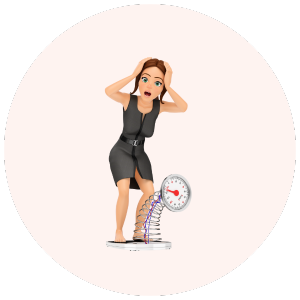
Increase and Decrease in Weight

Excessive Exercise
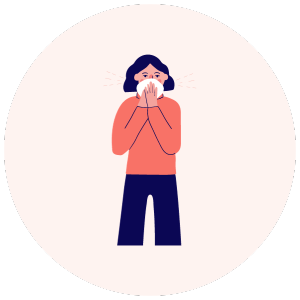
Getting Sick
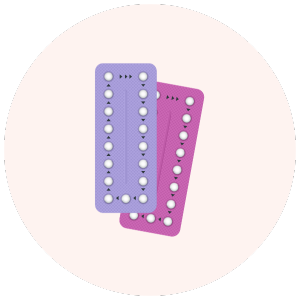
Birth Control Pills

Medications
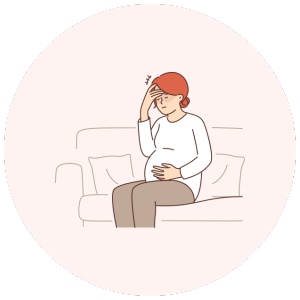
Pregnancy Complications

Surgery and Blockages
This is when some tissue that’s supposed to stay in your uterus decides to wander off and hang out in other places like your ovaries or fallopian tubes. It can make your periods a real pain with extra bleeding and cramps.
This one’s like a sneak attack by bacteria. It usually happens when you don’t treat a sexually transmitted infection. Those bacteria effects your reproductive system, leading to smelling discharge, irregular periods, and pelvic pain.
Your ovaries go a bit overboard and start making too much of a hormone called androgen. This hormone messes with your ovulation, making your periods show up whenever they feel like it—or sometimes not at all.
This is when your ovaries aren’t doing their job properly, and it can happen if you’re under 40. Sometimes it’s due to cancer treatment or certain autoimmune issues. The result? Missed or totally random periods.
Your hormones get thrown because of thyroid problems, either too slow (hypothyroidism) or too fast (hyperthyroidism), or issues with your pituitary gland. This can make your periods become irregular.
If you’ve got a blood clotting or bleeding problem, your periods might turn into a heavy-duty affair with lots of bleeding.
Certain cancers can mess with your menstrual routine. Your periods might become super heavy or disappear altogether. Definitely something to get checked out if it’s happening.
A regular schedule is usually not important. However, regular or long-term use may increase the risk of other diseases, such as
| Iron deficiency anemia | Blood contains iron and if menstruation is heavy or frequent, the person will lose enough blood to create iron deficiency. |
| Infertility | Lack of ovulation can lead to infertility, which causes the body to not release eggs. This may mean that a person is having trouble conceiving. |
| Osteoporosis | Ovulation is one of the oestrogens that help strengthen bones. If a person is not ovulating regularly, they are at risk of osteoporosis due to low estrogen levels. |
| Cardiovascular disease | Similarly, estrogen deficiency may increase the risk of cardiovascular disease. |
| Endometrial hyperplasia | If a person has a prolonged menstrual period without treatment, this may increase the risk of endometrial hyperplasia, in which the lining of the uterus becomes abnormal. This increases the risk of endometrial cancer. |
At Afecto Homeopathy® Clinic, we know every patient is unique and their health requirements necessitate individualized care. To assist you attain your utmost well-being, we are committed to offering comprehensive and holistic care.
Homeopathic medicine offers various benefits for patients. It aims to treat the patient, not just the symptoms of a particular disease. By considering a person’s physical, mental, and emotional well-being, homeopathic treatments try to promote long-term health and balance. The medications used in homeopathy are made from natural ingredients. They are gentle, non-toxic, and have no side effects. Here are some of the benefits of homeopathic medications:

Corrects the root cause

Treats acute as well as chronic conditions

Safe and no side-effects

Individualized Medicine

Long-lasting Relief

Complementary Care Along Allopathy
Afecto Homeopathy is your destination for exceptional care led by the best homeopathic doctors. Our expert team prioritizes your overall well-being, dedicating themselves to enhancing your life through innovative technology and advanced techniques. With a strong focus on transforming your health, our doctors with 30+ years of clinical experience bring you one step closer to a better lifestyle. Experience the difference with the best homeopathic doctors, and embark on a journey of healing and well-being with Afecto Homeopathy®.




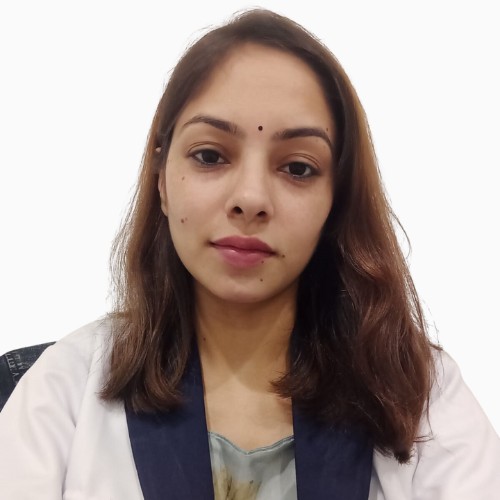











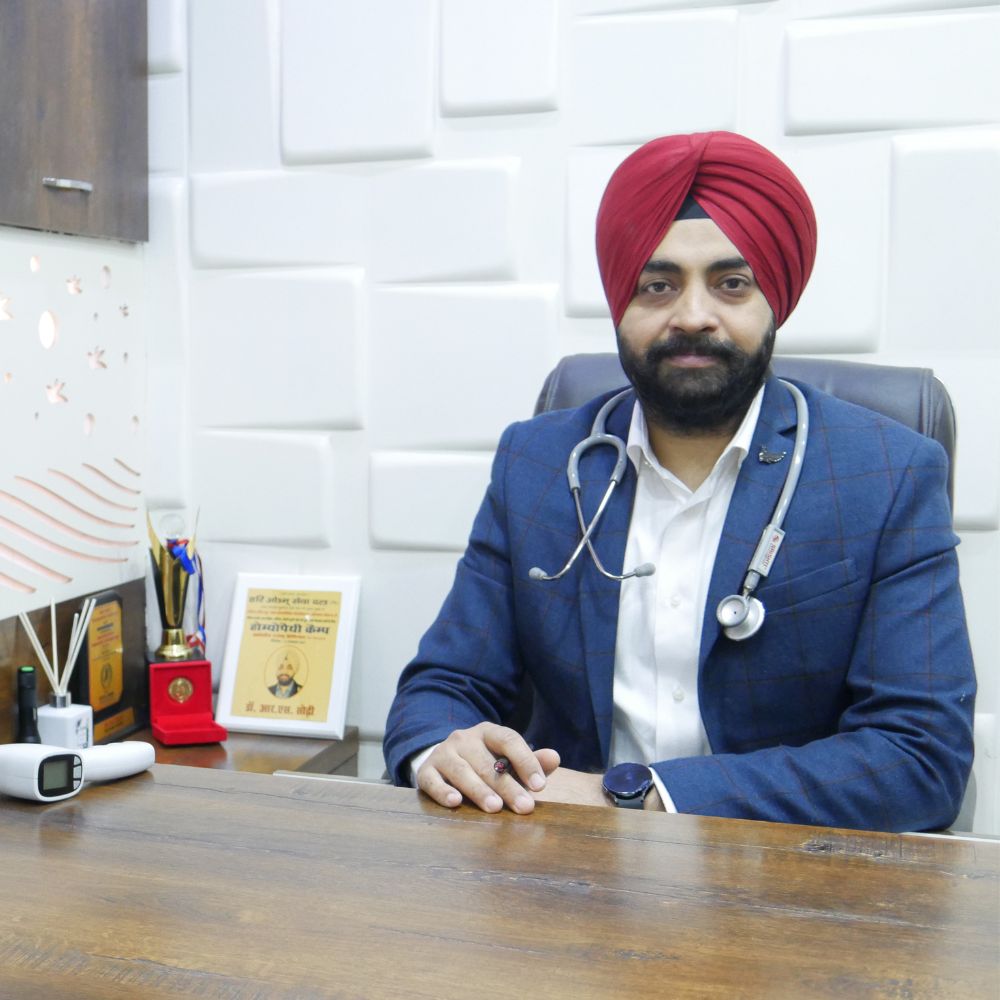

Although it is not good to miss your period once or twice, you do not need to worry too much. See how your life has changed lately. Stress, new exercise, weight loss or gain, or changes in fertility can affect your menstrual cycle. Call your doctor if you haven’t had a period in three months or more or if you experience any other unusual symptoms during your next menstrual period.
A little delay in your period is usually good. Some people can predict the exact date of their period, while others cannot. It’s better to connect with a professional healthcare expert, if you notice a sudden change in travel time or the duration of your period (a few days), especially if the change is large.
Lifestyle changes to reduce or manage stress and control body weight can help you control your period. Meditation and yoga are good stress management methods. Regular exercise and a healthy diet can help people manage their weight. Getting enough vitamin D may also help support healthy menstrual cycles.
Deciding whether to ignore your normal schedule for irregular menses homeopathy treatment is a personal choice that should be made in consultation with your doctor.
If you notice that your cycle is irregular, it may be due to polycystic ovary syndrome, uterine fibroids, endometriosis, thyroid disease, etc. It may indicate an abnormality or any other serious condition.
We care for your wellness
Distance does not matter for cure
We are here for you whenever you need us
Explore nearby clinics and schedule your visit effortlessly.